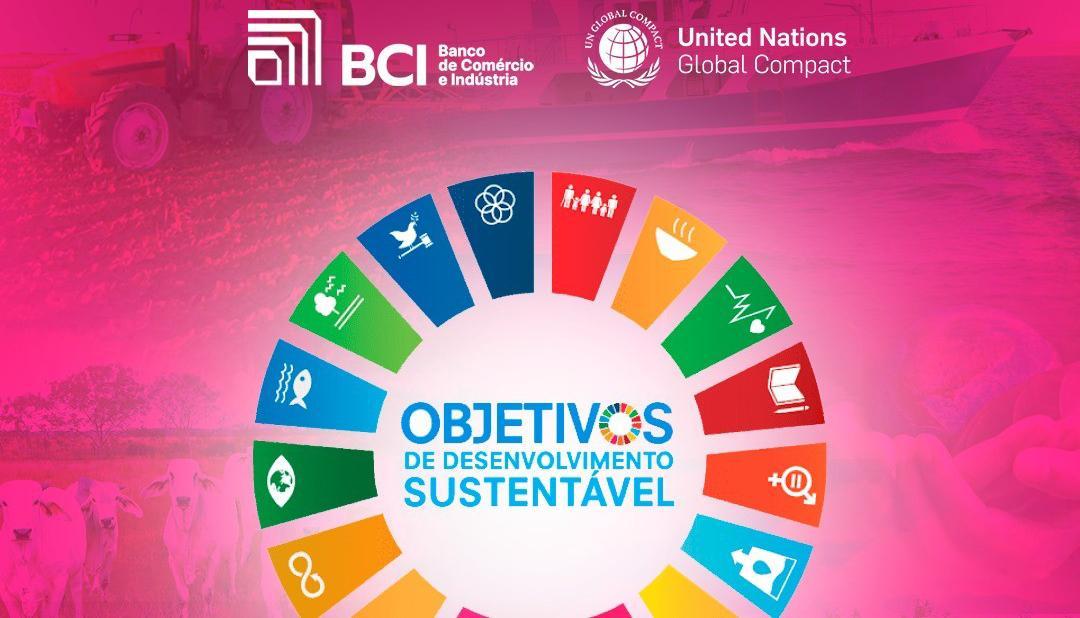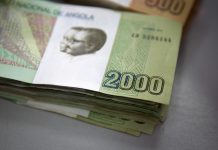Africa-Press – Angola. The Banco de Comércio e Indústria (BCI) has joined the United Nations Global Compact, the world’s largest corporate sustainability initiative, thus joining a vast international network of organizations committed to responsible business practices.Launched in 2000, the Global Compact brings together more than 15,000 companies and 3,800 non-business entities in more than 160 countries, with the aim of aligning strategies and operations with the ten universal principles in the areas of human rights, labor, the environment and combating corruption.
BCI’s membership, according to a press release, reinforces its commitment to a corporate culture based on ethics, transparency and sustainability. The institution emphasizes that the decision is in line with its strategic vision, focused on creating social and environmental value, in addition to financial performance.
“With this initiative, we reinforce our commitment to operating responsibly and contributing to the country’s sustainable development,” said a representative of the bank’s management.In the coming months, BCI plans to implement actions aligned with the principles of the Global Compact and the UN Sustainable Development Goals (SDGs), with a direct impact on the communities where it operates.
As part of its consolidation strategy, the bank recorded a 54 percent increase in net income in 2024 compared to the previous year, totaling 51 billion kwanzas. The information was revealed this Thursday, the 3rd, in Luanda, by a member of the institution’s Executive Committee.
“Our equity is increasingly solid. There has been an increase in capital and no dividends are expected to be distributed over the next three years”, explained the manager, highlighting the bank’s positioning in the agribusiness sector as one of its main focuses.
BCI is currently financing around 75 thousand families involved in agricultural projects, which have already sown approximately 68 thousand hectares, with a forecast harvest of 102 thousand tons.
“16 billion kwanzas were invested, with the great novelty being the zero rate, benefiting families in the provinces of Malanje, Cuanza Sul, Cuanza Norte, Benguela, Huíla and Huambo. The selected products were corn, rice, cotton and wheat”, he detailed.In the administration’s view, the diversification of the national economy essentially involves strengthening agribusiness, contributing to the country’s food security.
For More News And Analysis About Angola Follow Africa-Press






